The Countryside as Escape Button
They sit on a bench outside their home, drinking wine and reading the paper, when Astrid steps inside to address a sleep-defying child. Instinctively, Thomas rises, walks out of their yard, and doesn’t return.
Please note that orders placed between February 1-February 17 will not be shipped until February 17. Thank you for your patience.

They sit on a bench outside their home, drinking wine and reading the paper, when Astrid steps inside to address a sleep-defying child. Instinctively, Thomas rises, walks out of their yard, and doesn’t return.
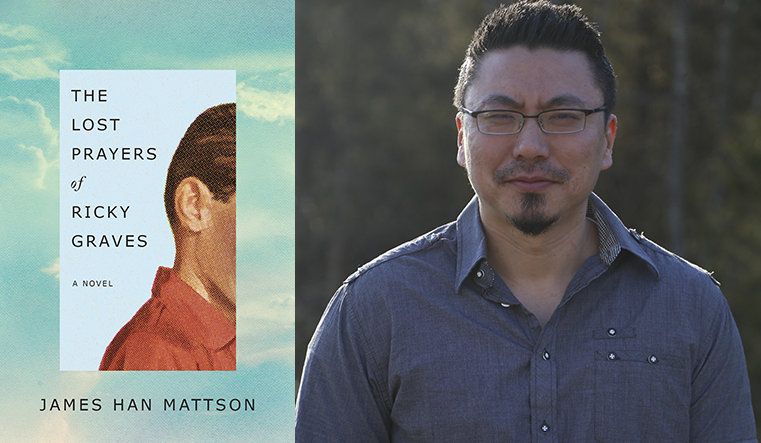
The Lost Prayers of Ricky Graves starts, like many books set in a small town, with a homecoming.

History overlaps with, influences, and outright intrudes on the present, and in Ward’s fictional world that happens metaphorically, mentally, and then literally through visions and ghosts.
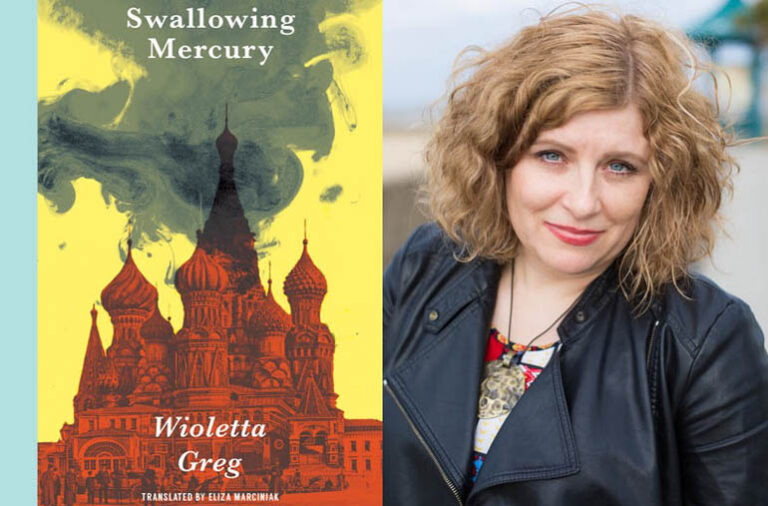
Through it all, Wiola is a clear-eyed tour guide narrator, blasting the reader with the harsh reality of her bildungsroman while simultaneously giving a close-up view of the isolated world she was born into.

Self-hatred, alcoholism, small-town deprecation. Roughneck hits all the rural notes. When a character has a run-in with Oxycontin, the reaction is to immediately blame it on outsiders. “All the kids are getting it from down South,” someone says.

Why are rural communities so often the target of linked story collections?
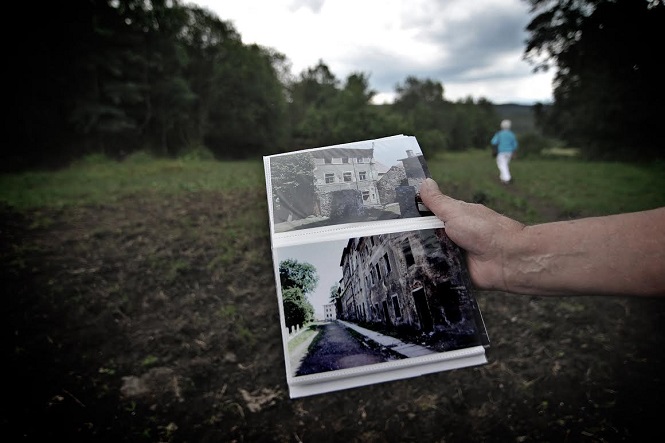
It’s obvious on the page that Springer has fallen in love with the town, with its story. Some chapters read like a brochure for a place that no longer exists.
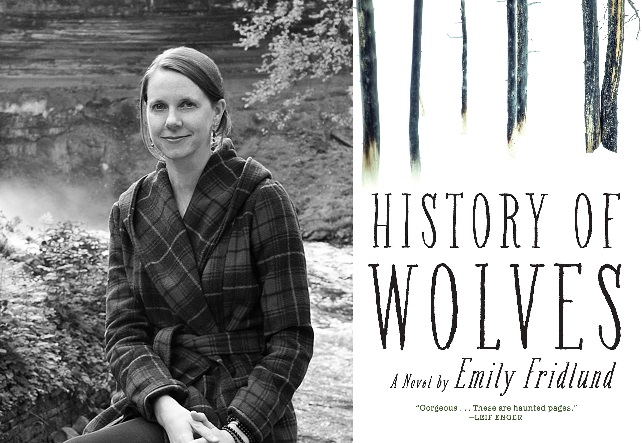
Loose River is a town where the two key descriptions of Christmastime are “competing nativity scenes” and the “strings of colored lights up and down Main Street.” Linda, the protagonist, thinks in terms of natural geography: her friend lives “in a trailer three lakes over.”
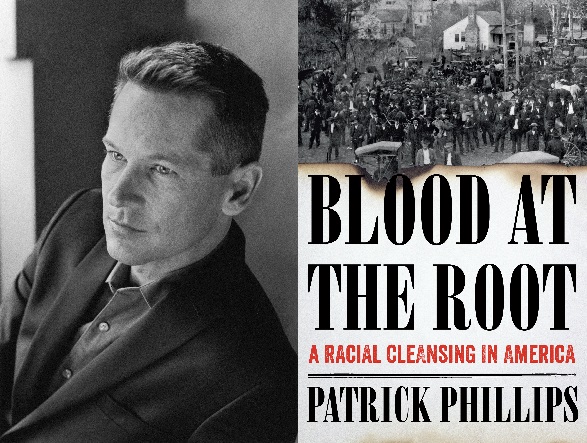
Patrick Phillips is the author of Blood at the Root: A Racial Cleansing in America. Published last September, the book chronicles the racial history of Forsyth County, Georgia, going back to the Civil War and ending with it being fully cemented as an Atlanta suburb today.
No products in the cart.